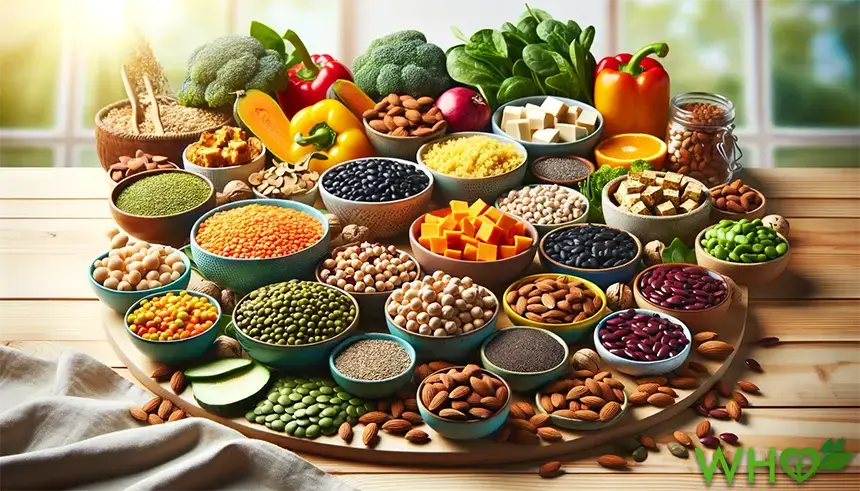Simple Ways To Improve Digestive System
Simple Ways To Improve Digestive System: Your digestive system is constantly working to fuel every cell in your body and remove waste efficiently. Neglecting your digestive system can have adverse effects that affect every part of your life. Your diet and other lifestyle choices have a huge impact on your digestive health and there are often areas where small changes can make a big impact.
Here are some ways to improve your digestive health through lifestyle changes.

Fiber Helps
To get the 20-35 grams of fiber your body needs per day, choose plant foods like cherries, grapes, crisp bell peppers, beans, whole grains and nuts. These help with digestion and constipation and are also good for your heart and blood sugar. Because they fill you up, you’ll eat less, which also helps if you’re watching your weight.
Chew gum to control heartburn
Chewing instructs your body to produce saliva, which balances the acids associated with the problem. Peppermint or spearmint may cause irritation, so choose another flavor. If this causes you to swallow air, which may cause you to burp and feel bloated, then skip this remedy.
A few pounds make a difference
If you lose even a little extra weight, especially around your belly, it can reduce the discomfort of heartburn, gas and belching. Your doctor can help you create a smart diet and exercise plan to reach your weight loss goals.
Shrink your plate
A great way to help prevent indigestion, bloating, heartburn and other digestive health problems is to eat small, frequent meals. Also slow down. It takes time to feel full. You’ll be less likely to eat more than you planned.
Stay Hydrated
Fluids help your body get rid of waste and stay regular. You can drink water, juice, tea and other beverages. They also occur in foods, so you won’t need to drink 8 glasses of water a day. Your doctor or dietitian can tell you how much you should drink and choose the best type.
Move forward to beat inflammation
Exercise can help with most minor digestive problems, from bloating to constipation. Physical activity helps your body’s digestive system move things along and expel waste materials. It also curbs stress, which can lead to many digestive problems.
Try Probiotics
Probiotics are “good” bacteria. They are in some yogurt, juices, snacks, and supplements. Research shows that they may help if you have diarrhea, irritable bowel syndrome (IBS), or inflammatory bowel disease (IBD). But scientists don’t yet know which probiotics help which conditions and how much you need. Talk to your doctor to learn more.
Stress, ulcers and constipation
Have you ever had stomach upset due to nerves? Your brain and digestive system are connected. Stress can increase problems like IBS and ulcers. Make staying active, getting enough sleep, meditating, and relaxing a priority.
Watch your diet
Avoid or limit foods that bother you. Some people have a problem with gassy foods like beans and soda, or fatty foods like fried foods and cheese. For others, acidic foods like citrus fruits, coffee, tea, and tomatoes may cause discomfort.
Kick the habit
Smoking weakens the valve at the end of the esophagus (the tube that runs from your mouth to your stomach). This can cause acid reflux and heartburn. This also increases the chances of some cancers. And ulcers and Crohn’s disease are more common in smokers than in other people. It often takes several attempts to quit smoking forever. keep at it! Ask your doctor for help.
Drink less alcohol
If you drink alcohol, limit yourself to one drink a day if you’re a woman, or two if you’re a man. Drinking too much often can contribute to heartburn, diarrhea, liver problems and esophageal cancer.
Walk slowly to prevent burping and gas
You want to keep the air out of your stomach. Therefore keep your speed slow. Do not swallow your food or drink. Bite into each piece and enjoy! Avoid gum and hard candies if they force you to swallow air.
Limit salt
Even small excess amounts in your diet can cause bloating. This can come from your salt shaker or from items like packaged snacks and cereals. Substitute foods and check their labels to see how much sodium is in a serving.
Keep it clean
No one wants food poisoning – diarrhea, nausea and vomiting. Therefore, keep cold food cold and hot food hot. Use separate utensils and cutting boards when you prepare fruits or vegetables and raw meat. Make sure all your dairy products are pasteurized.
If dairy is a problem
Some people find that their bodies are unable to digest lactose, the natural sugar present in milk. This makes them feel like gas. If that’s you, there are lactose-free products to choose from.
When should you see your doctor?
Make an appointment if your symptoms don’t go away, come back, or bother you. If you are or may become pregnant, consult your doctor immediately. If your symptoms are severe or you have a fever, trouble swallowing or going to the bathroom, sometimes you choke, have bloody or black vomit or stools, have stomach pain, or have lost weight and try to If not intended, seek medical attention immediately. Your doctor will find the cause so you can feel better as soon as possible.




